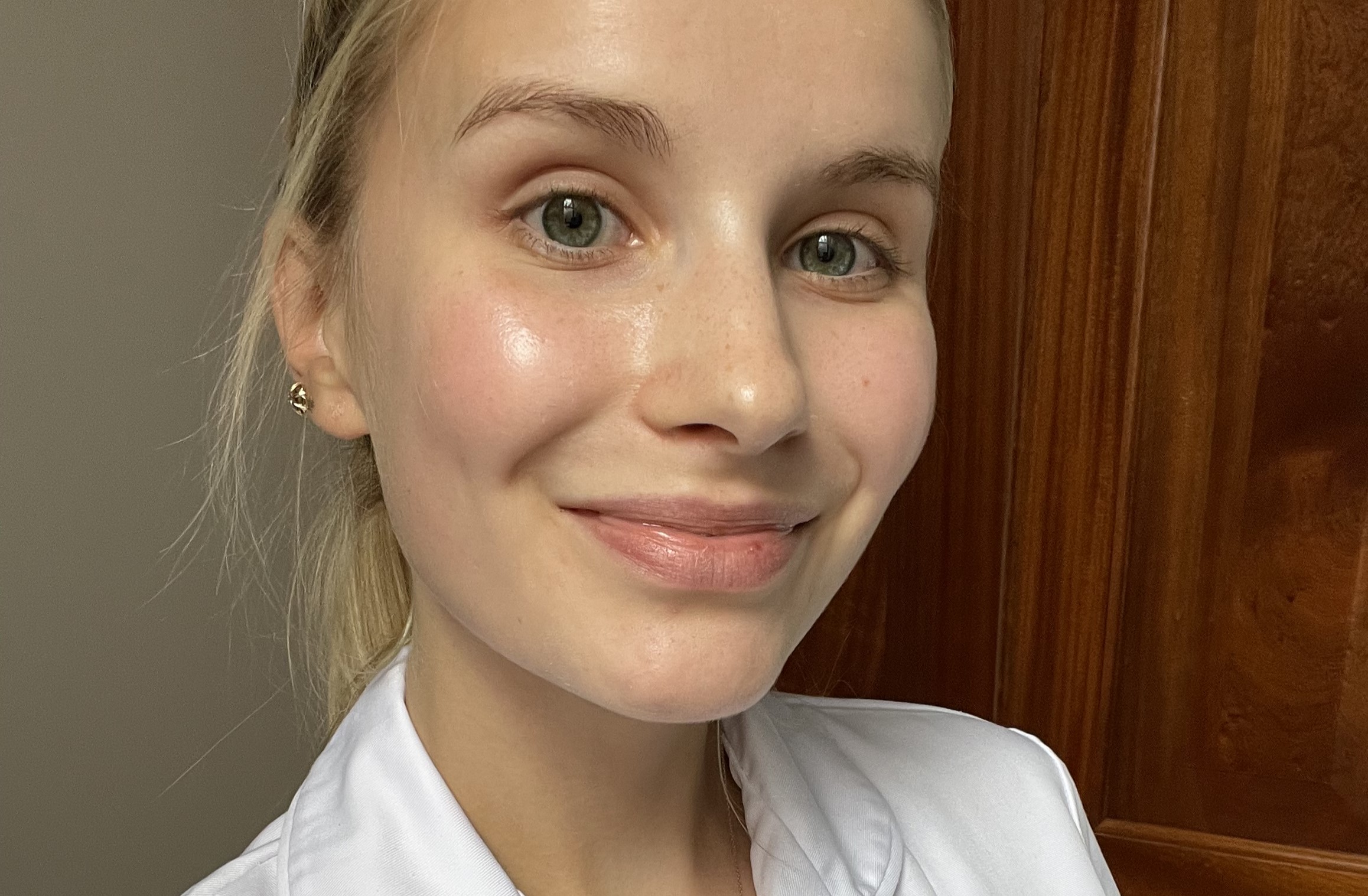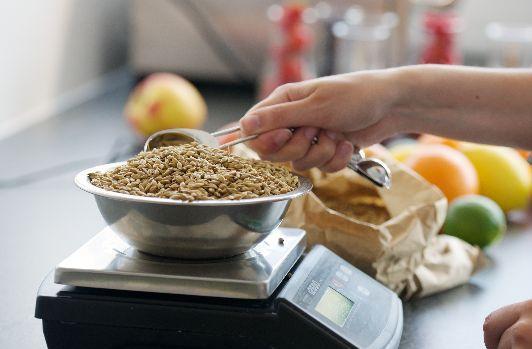Dietetics Placements
Find out about our compulsory placements during the MDiet course.
Why have placements?
Our Dietetics course offers the skills and competencies required for you to qualify as a registered dietitian. During our MDiet course, you will undertake over 1000 placement hours, split across three defined placements (A, B, C).
A certain number of placement hours are a mandatory component of all BDA and HCPC accredited courses. The distribution of these hours will vary between different universities.
Our Dietetics course offers a smooth transition between Placement B and C. This enables our students to build on their skills without a long break.
The settings for these provide our students with a wide variety of practice experience from an early stage. The vast majority of hours will be undertaken in an NHS setting.

Holistic approach
We encourage our students to foster a holistic approach to dietetics, helping people to overcome medical and social barriers to optimal nutrition. You will gain an understanding of what helps people to make healthy food choices and the ability to develop nutritional treatment plans as therapy for people when unwell.
Where and when placements take place
Placement A
Placement A consists of series of half and full day observational 'mini placements' that appear across the first and second year. We offer placements in a range of industry and care settings including:
- care settings (care homes)
- community projects and social enterprises
- catering settings
- a 1 week placement in an NHS Dietetics department
- private dietetics
Students on placements complete tasks related to communication and professionalism. Project opportunities offer real-life application in improving nutrition and wellbeing.
Placements B and C
Both are 12-week placements in an NHS dietetic department as well as up to three weeks focusing on health promotion. These placements ensure students are competent with the nutrition and dietetic care process prior to graduation and meet the HCPC standards of proficiency.
Placement B
This placement is undertaken in semester 2 of third year. It focuses on students building competency. It takes students through each of the steps of the care process. By the end of Placement B, we expect students to be heavily involved in the care of patients and feel confident demonstrating professionalism and communication in this setting.
Placements allow you to build these skills in a range of health specialties with a variety of service users.
Placement C
Placement C is undertaken in the first semester of the 4th and final year of your MDiet studies. Its focus is on students demonstrating competency in the care process. By the end of Placement C, you will be allocated a small patient caseload to manage as part of independent practice.
You'll carry out full consultations, planning, providing and evaluating dietary care plans. These will take place in a range of health specialties and with a range of service users.
Placement Support
We help our students get the most from each placement with pre- and post-placement activities on campus. Designated placement tutors support students out in placement settings. Tutors visit students during B and C placements to review progress and discuss any issues.
All placement supervisors, including those in the NHS, have undertaken clinical supervision training.
How placements are assessed
We assess placements on a pass/fail basis. Students produce placement portfolios to satisfy the completion requirements of each placement.
Placement tutors assess Placement A portfolios. Clinical supervisors assess Placement B and C portfolios.
Our module "Introduction to Dietetics" helps students to become familiar with compiling a professional portfolio. This module ensures students are already familiar with the requirements when out on placement.
For more information about Dietetics placements, please email dietetics@newcastle.ac.uk.





.png)